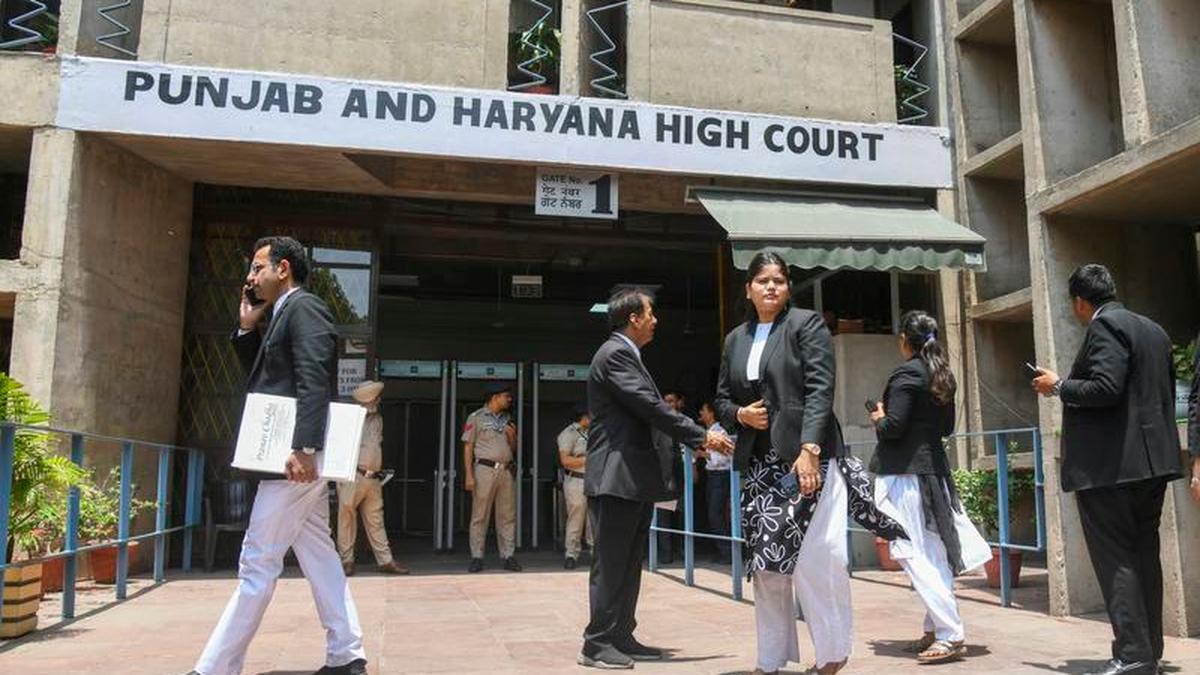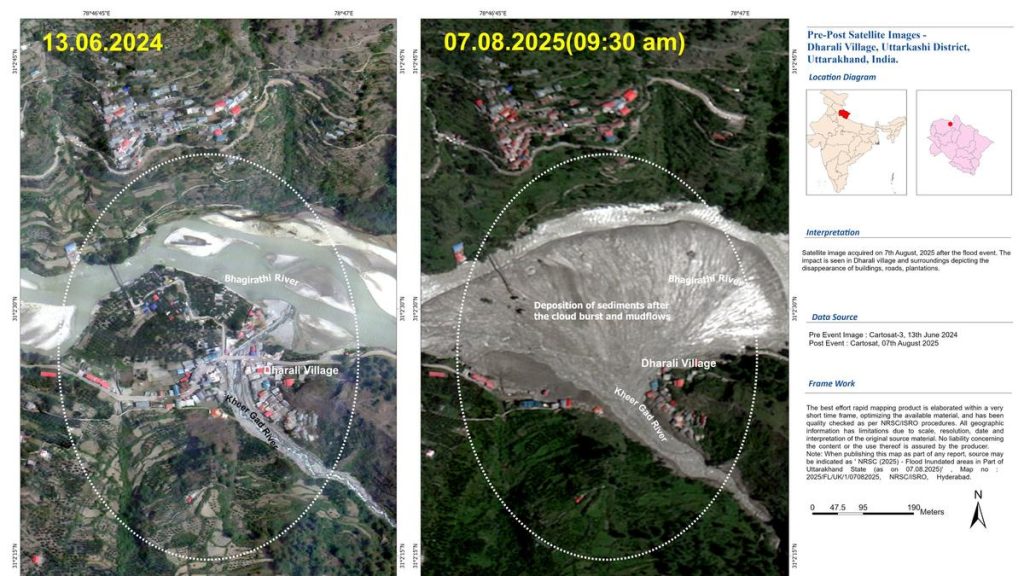Now Reading: Punjab’s Land Pooling Policy Halted by HC; Govt to Respond in 4 Weeks
-
01
Punjab’s Land Pooling Policy Halted by HC; Govt to Respond in 4 Weeks
Punjab’s Land Pooling Policy Halted by HC; Govt to Respond in 4 Weeks

Speedy Summary
- The Punjab adn Haryana High Court granted an interim stay on the Punjab government’s Land Pooling Policy, 2025, directing a response within four weeks.
- the policy was introduced in June to promote planned development by involving landowners, companies, and promoters as stakeholders.
- A Division Bench raised concerns over the lack of provisions for rehabilitating landless laborers and the absence of mandatory Social Impact Assessments.
- Petitioner Gurdeep Singh Gill challenged the policy, citing non-compliance with the Right to Fair Compensation and clarity in Land Acquisition Act, 2013.
- Critics label the policy as unconstitutional, arbitrary, and allegedly violative of farmers’ rights. Opposition parties call it a “looting” scheme targeting fertile lands for corporate use.
- The Shiromani Akali Dal (SAD) announced protests against the Aam aadmi Party (AAP)-led government starting September 1 in Mohali.
- AAP defended its policy as “farmer-pleasant,” accusing oppositional parties of spreading misinformation.
Indian Opinion Analysis
The High court’s interim stay on Punjab’s Land Pooling Policy underscores serious procedural gaps in its formulation. Key criticisms include failure to conduct statutory Social Impact Assessments or address rehabilitation needs of vulnerable groups like landless laborers who rely on agricultural systems for their livelihoods. These omissions not only raise legal objections but also amplify public distrust among stakeholders such as farmers.
Opposition claims about potential misuse of agricultural lands strengthen resistance against government-backed reforms when paired with calls for procedural accountability. by contrast, AAP’s defense branding this initiative “farmer-friendly” may fall short if substantive concerns around inclusivity and transparency persist unresolved.
The unfolding legal battle holds significant implications for participatory governance models aimed at sustainable development. Future success will likely hinge upon reconciling stakeholder trust through robust due diligence processes while addressing socio-economic displacement risks tied significantly to rural economies.
Read more: [Link Unavailable]























